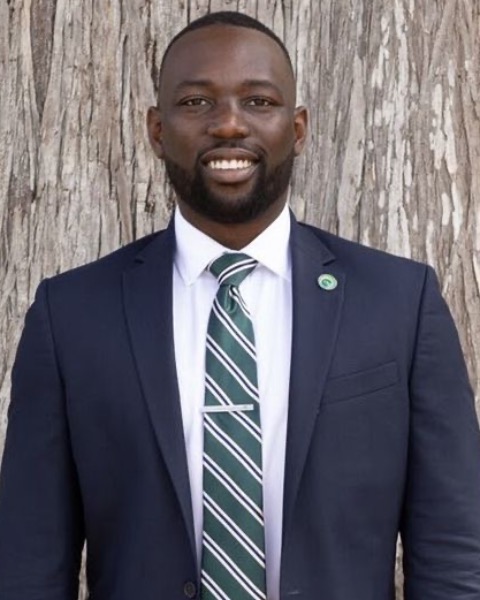HPB
CME
49: Stroma Selective Inhibition of TGFβ – Genomic Stratification As The Key to Overcoming Failed Clinical Translation in Pancreatic Cancer

Gilbert Z. Murimwa, MD
Surgical Resident
UT Southwestern
Dallas, Texas, United StatesDisclosure(s): No financial relationships to disclose

Gilbert Z. Murimwa, MD
Surgical Resident
UT Southwestern
Dallas, Texas, United StatesDisclosure(s): No financial relationships to disclose
- HH
Huocong Huang, M.D, Ph.D
Assistant Professor
UT Southwestern Medical Center, Dept of Surgery, United StatesDisclosure information not submitted.
- DA
Dina Alzhanova, Ph.D
Senior Staff Scientist
UT Southwestern Medical Center, Dept of Surgery, United StatesDisclosure information not submitted.
- RB
Rolf Brekken, Ph.D
Professor, Deputy Director Hamon Center for Therapeutic Oncology Research
UT Southwestern Medical Center, Dept of Surgery, United StatesDisclosure information not submitted.
Abstract Presenter(s)
First Author(s)
Author(s)
Transforming growth factor β (TGFβ) drives immunosuppression, therapy resistance and disease progression across gastrointestinal malignancies. As a result TGFβ has been an attractive pharmacologic target with over 300 clinical trials of compounds that inhibit TGFβ activity. However, to date there are no FDA approved selective anti-TGFβ therapies and we suspect the context dependent function of TGFβ as a tumor suppressor underlies the translational failure of targeting TGFβ in indications such as pancreatic cancer.
Approximately 50% of pancreatic cancers (PDAC) harbor mutations in canonical TGFβ pathway genes - TGFBR2 or SMAD4. We used an orthotopic syngeneic PDAC mouse model to investigate the effect of selective inhibition of stromal TGFβ signaling in TGFβ mutant PDAC on immunosuppression and tumor cell proliferation.
Methods:
Isogenic parental and Tgfβr2 CRISPR knockout cell lines were injected orthotopically into C57/Bl6 mice. C44, a control IgG, or 1D11, a monoclonal antibody against TGFβ were given (150 μg, intraperitoneal, biweekly) to 4 mice per group. Tumors were harvested 4 weeks later. Tumor tissue was evaluated by immunohistochemical analysis. All values significant at p < 0.05, unless otherwise noted.
Results:
In parental tumors, TGFβ blockade with 1D11 led to a 2.7 fold increase in CD8 T cells (% area fraction: 2.6 v 7.0), a 2 fold increase in Ki67 staining (% area fraction 0.7 v. 1.4) and a 3.2 fold increase in tumor weight (0.13g v 0.42g). In contrast, TGFβ blockade with 1D11 in Tgfβr2-deficient tumors led to a 1.6 fold increase in CD8 T cells (% area fraction: 2.4 v 3.8), a 50% decrease in Ki67 staining (%area fraction: 2 v 0.99) and a reduction in tumor weight (0.52g v 0.32g).
Conclusions:
With Tgfβr2 absent, selective inhibition of stromal TGFβ signaling increased effector T cell immune infiltration but did not induce proliferation of cancer cells. Our data suggests that when recruiting for clinical trials of anti-TGFß therapies, genomic stratification to enroll only patients with inactivating mutations of the TGFβ pathway is essential for translational success.
Learning Objectives:
- Upon completion, participant will know the multiple roles of TGF-B signaling in pancreatic cancer
- Upon completion, participant will understand the importance and potential for genomic stratification in selecting patients for anti-TGF-B treatment.
- Upon completion, participant will understand the preclinical evidence and rationale for forthcoming clinical trials using anti TGF-B therapies in pancreatic cancer.
